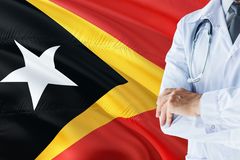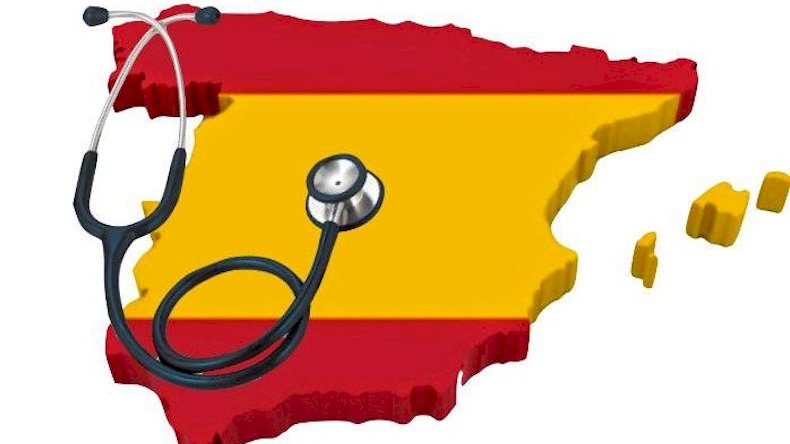Medicine in the different countries
Health in Vietnam
The overall quality of health in Vietnam is good, as reflected by 2010 estimates of life expectancy (76.86 years) and infant mortality (20.24 per 1,000 live births).
East Timor health care and vaccinations
Medical services in East Timor are extemely limited. There are currently no optical or dental services. It is essential to take out comprehensive medical and travel insurance which includes emergency repatriation cover.
Health Care in Spain
Spain is one of the most popular destinations for expats and many people will be grateful to find out that the Spanish health care system is very simple, very effective and free to many people. However, you do need to understand how the system works, how you contribute and how the private healthcare sector in Spain operates.
Healthcare in Iceland
Iceland is one of the healthiest countries in the world. It has low pollution, high life expectancy and an extremely low rate of infant mortality. The health service is well organised, progressive and has more doctors per head of population than any other country. There is no private health sector in Iceland and all citizens regardless of status qualify for healthcare under the state healthcare service.
Health care system in Ireland
In Ireland, the public healthcare system is managed by 8 regional health authorities administered by the Ministry of Health. These regional authorities take in charge health care and hospitalization related costs for people on low income.
Guam Health Care and Vaccinations
Health insurance is strongly advised, owing to the high cost of health care. There is one civilian hospital, the Guam Memorial Hospital, and a number of private clinics, as well as some medical facilities run for US military personnel. For emergencies dial 911.
Vanuatu Health Care and Vaccinations
There is a hospital in Port Vila as well as medical centres. Doctors ‘on-call’ will visit resorts. The chemists/pharmacies in Port Vila also have good knowledge regarding tropical ailments. On the outer islands there are small clinics and medical dispensaries. Health insurance is advised.
Healthcare in Brazil
Brazil's healthcare system is generally considered to be adequate in most areas, while certain precautions should taken to ensure you have a trouble-free stay. Find out more below.
Healthcare in Bolivia
Considered as one of the lowest among the Western Hemisphere countries, Bolivia’s healthcare system proves to be poor and struggling. According to the World Health Organization, Bolivia ranked 126th out of 190 countries all over the world when it comes to the quality of healthcare.
Bhutan health care and vaccinations
Full medical insurance is strongly advised. Medical facilities are good but not always close at hand. Officials in Bhutan have reported repeated outbreaks of bird flu during 2012.
Healthcare in Denmark
The public health services are extensive and of quality Denmark’s state healthcare service is highly efficient and offers good quality care to its citizens. Its structure is decentralised; local authorities are the decision makers in executing healthcare policy. The Ministry of the Interior and Health issue guidelines, which the local authorities must follow.
Health care in Greece
In 1983, a national health-service (IKA) was introduced in common with many other countries of southern Europe. However, although medical training is of a high standard, the health service is one of the worst in Europe, largely because of under-funding. Public hospitals are inundated with patients, although standards of hygiene are high and hospital viruses are almost non-existent.
Brunei Healthcare
Brunei has one of the best healthcare systems in the world. The government-operated healthcare system is free for all citizens of Brunei, and immigrant employees pay only minimal charges. There are government hospitals in all four of the country’s districts, as well as two private hospitals.
Health System in Bangladesh
The Health care system in Bangladesh falls under the control of the Ministry of Health and Family Planning. The government is responsible for building health facilities in urban and rural areas.













